
Taylor Swift herself weighed in Monday (Aug. 8) on a lawsuit that claims she stole the lyrics to “Shake It Off” from a song about “playas” and “haters,” filing a sworn declaration in which she said the words were “written entirely by me” and that she’d “never heard the song” she’s accused of copying.
Seeking to finally end a yearslong lawsuit that claims her 2014 chart-topping hit had infringed the copyright to the 2001 song “Playas Gon’ Play” by the group 3LW, Swift was unequivocal: “The lyrics to Shake It Off were written entirely by me.”
“In writing the lyrics, I drew partly on experiences in my life and, in particular, unrelenting public scrutiny of my personal life, ‘clickbait’ reporting, public manipulation, and other forms of negative personal criticism which I learned I just needed to shake off and focus on my music,” Swift explained.
The case against Swift was filed in 2017 by Sean Hall and Nathan Butler, the songwriters who wrote “Playas Gon’ Play.” In their 2001 song, the line was “playas, they gonna play” and “haters, they gonna hate”; in Swift’s track, she sings, “‘Cause the players gonna play, play, play, play, play and the haters gonna hate, hate, hate, hate, hate.”
In her Monday statement, Swift suggested there was no need to steal those lyrics from Hall and Butler because she had heard them “countless times” throughout her life, including on the playground as a child.
“I recall hearing phrases about players play and haters hate stated together by other children while attending school in Wyomissing Hills, and in high school in Hendersonville,” Swift wrote. “These phrases were akin to other commonly used sayings like ‘don’t hate the playa, hate the game,’ ‘take a chill pill,’ and ‘say it, don’t spray it.’”
The star also said she’d heard the phrase in “many songs, films, and other works,” and she even cited a 2013 live performance in which she said she wore a T-shirt, purchased at Urban Outfitters, emblazoned with the phrase “haters gonna hate.”
“I was struck by messages that people prone to doing something will do it, and the best way to overcome it is to shrug it off and keep living,” Swift said.
Swift’s attorneys have already repeatedly made roughly that same argument – that the phrases “haters gonna hate” and “players gonna play” are so simple and so widely used in pop culture that nobody should be able to monopolize them. But their efforts to end the lawsuit have thus far been rebuffed.
Back in 2018, a federal judge tossed the case on the grounds that American culture was “heavily steeped in the concepts of players, haters, and player haters” and that the short snippet of lyrics from “Playas Gon’ Play” was not unique or creative enough to be copyrighted. But in 2019, a federal appeals court – the Ninth Circuit – overturned that decision, saying the case had been dismissed prematurely.
Last year, Swift’s lawyers again asked the judge to rule in their favor. But in December, the judge ruled that the case was too close to call and would need to be decided by a jury trial. A court date has not yet been set.
Monday’s filings, including Swift’s declaration, are a last-ditch effort to avoid such proceedings, again asking the judge to grant a so-called summary judgment without the need for a trial. In their motion, her attorneys said discovery had turned up other “fatal flaws” in the lawsuit and reiterated their arguments that Hall and Butler’s case was too weak to go in front of a jury.
“It is, unfortunately, not unusual for a hit song to be met by litigants hoping for a windfall based on tenuous claims that their own song was copied,” Swift’s attorney, Peter Anderson, wrote in the motion. “But even against that background, Plaintiffs’ claim sticks out as particularly baseless.”
In her declaration supporting that motion, Swift also made a far simpler argument for why she didn’t copy the song.
“Until learning about Plaintiffs’ claim in 2017, I had never heard the song Playas Gon’ Play and had never heard of that song or the group 3LW,” the star wrote, adding that her parents “did not permit me to watch TRL until I was about 13 years old.”
“None of the CDs I listened to as a child, or after that, were by 3LW,” she said. “I have never heard the song Playas Gon’ Play on the radio, on television, or in any film. The first time I ever heard the song was after this claim was made.”
“Playas Gon’ Play” was a minor hit for 3LW, peaking at No. 81 on the Billboard Hot 100 and No. 56 on Hot R&B/Hip-Hop Songs in June 2001.
[flexi-common-toolbar] [flexi-form class=”flexi_form_style” title=”Submit to Flexi” name=”my_form” ajax=”true”][flexi-form-tag type=”post_title” class=”fl-input” title=”Title” value=”” required=”true”][flexi-form-tag type=”category” title=”Select category”][flexi-form-tag type=”tag” title=”Insert tag”][flexi-form-tag type=”article” class=”fl-textarea” title=”Description” ][flexi-form-tag type=”file” title=”Select file” required=”true”][flexi-form-tag type=”submit” name=”submit” value=”Submit Now”] [/flexi-form]
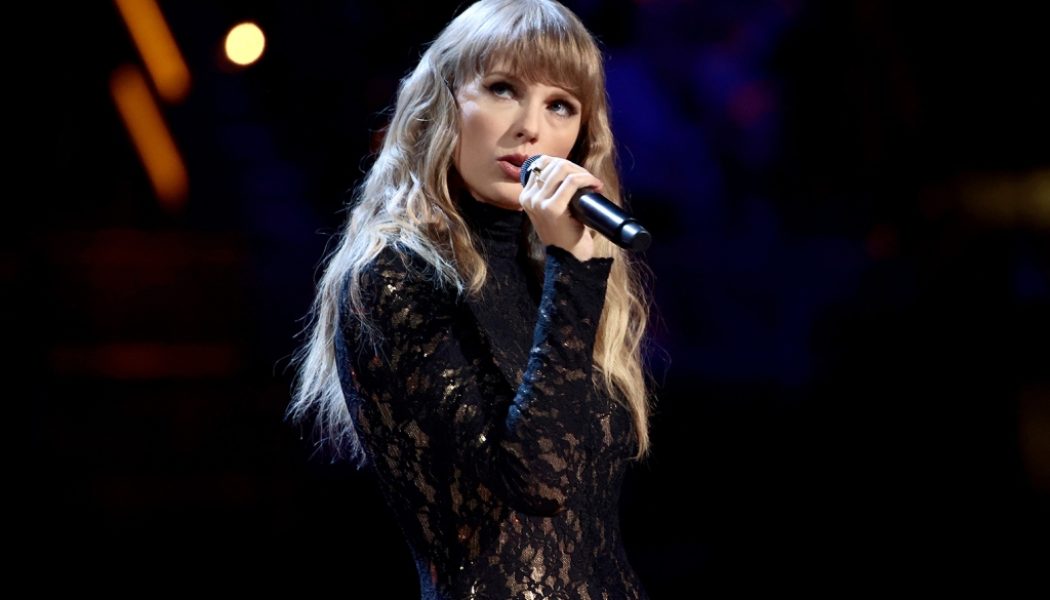
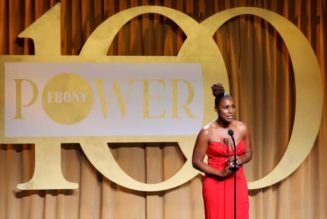
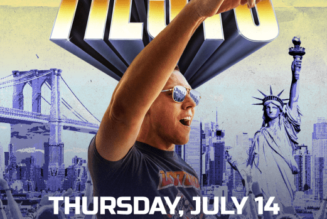


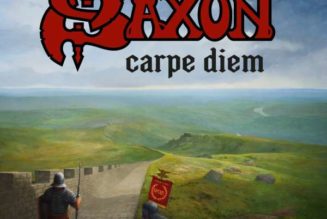
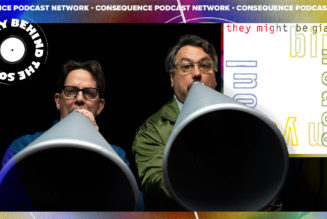
![EXCLUSIVE: Coodie & Chike Talk Creating ‘jeen-yuhs: A Kanye Trilogy’ “There Was No Back & Forth” [Video]](https://www.wazupnaija.com/wp-content/uploads/2022/02/exclusive-coodie-chike-talk-creating-jeen-yuhs-a-kanye-trilogy-there-was-no-back-forth-video-327x219.png)
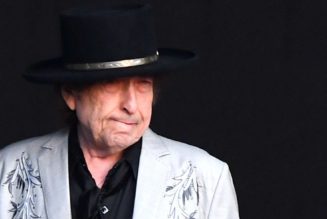
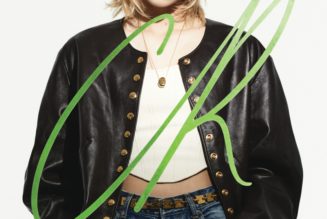
Tagged: business, entertainment blog, Legal, music blog